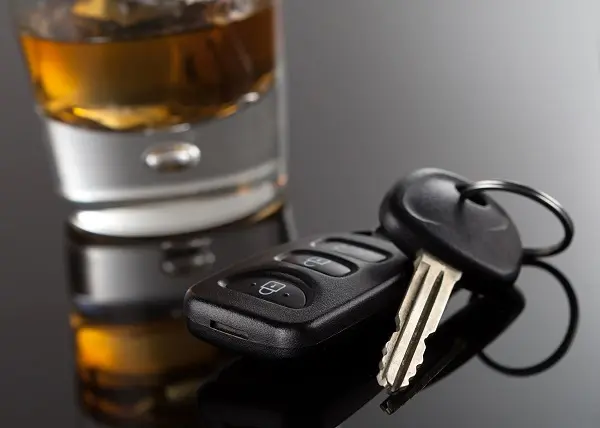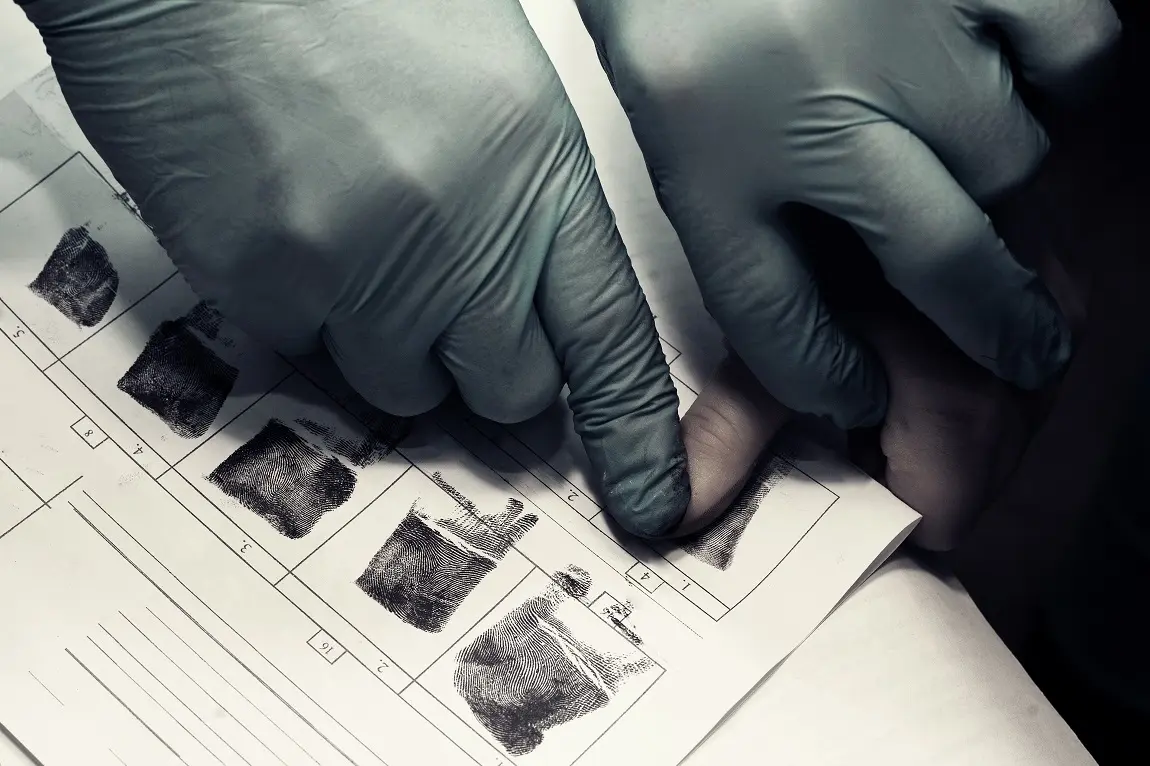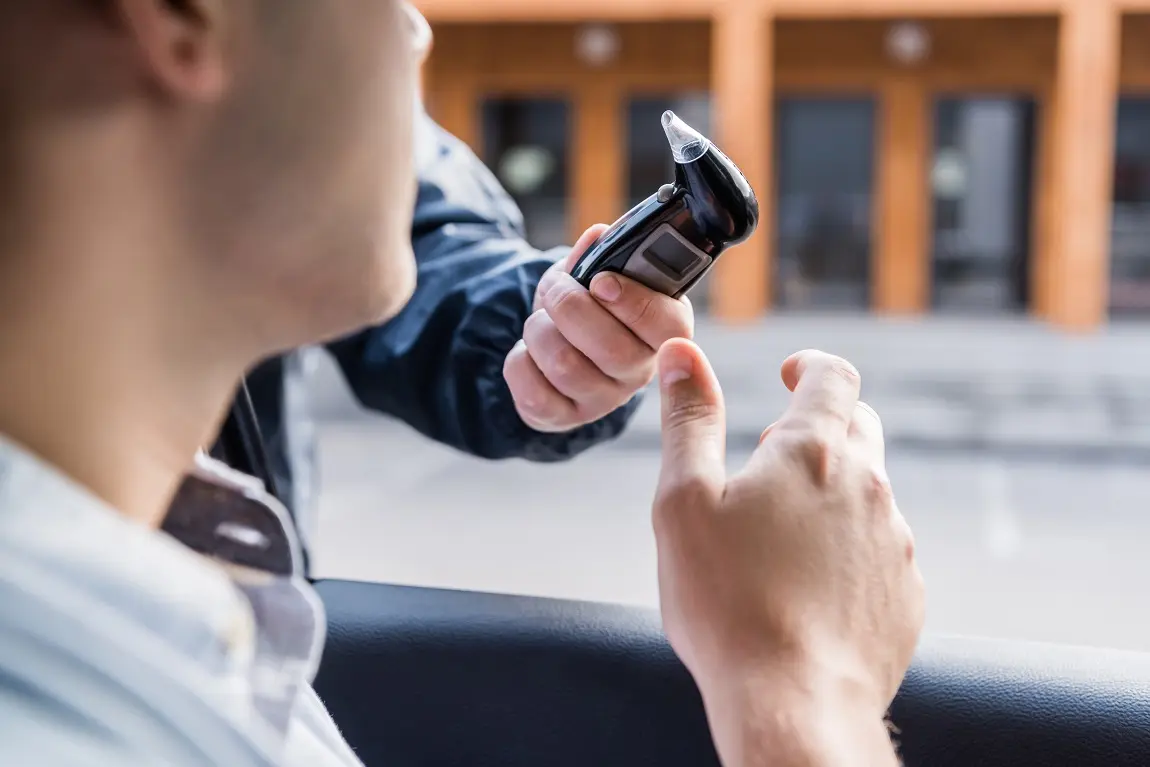What Is the Legal Drinking Limit in Ohio?
Ohio’s legal limits surrounding impaired driving are significantly more complex than other states. Ohio Revised Code Section 4511.19 creates several different legal limits depending on the kind of test that is used.
The following standards apply for determining when a driver is legally considered over the limit:
- Individuals under 21 years of age cannot operate a vehicle if a breath test reveals a blood alcohol concentration (BAC) of 0.02% or higher.
- Individuals over 21 cannot operate a vehicle with a BAC result of 0.08% or higher.
However, the legal limit for drivers who take a urine test is 0.11%. For a blood plasma or serum level test, the legal limit is 0.096%.
Furthermore, Ohio law establishes two categories of legal limits for alcohol testing — low tier and high tier. And high-tier test results lead to more severe penalties.
For example, high-tier alcohol test results encompass:
- Breath or blood test result of 0.17% or higher
- Urine test result of 0.238% or higher
- Blood plasma or serum test result of 0.204% or higher
It’s vital that you thoroughly understand these limits when navigating Ohio’s impaired driving laws.
How Many Points Is a DUI in Ohio?
The BMV will usually add six points to your driving record upon conviction for OVI. Underage OVI is a four-point offense.
These points are in addition to any automatic driver’s license suspension. They’ll remain on your record for two years. If you accumulate 12 or more points in any two years, the BMV will automatically suspend your license.
Thus, additional traffic-related criminal law violations in Dayton, OH, and elsewhere in the state after you regain your license could trigger another suspension. A Dayton DUI defense law firm can help you avoid these points by having an OVI attorney in Dayton advocate for you on your behalf.
Is a Refusal the Same as a DUI in Ohio?
A refusal in the state of Ohio is not the same thing as a DUI offense. However, they share some of the same consequences, such as a driver’s license suspension. Even without a charge or a conviction, the BMV can suspend a person’s driver’s license if they refuse to submit to a chemical test.
This is permitted due to the fact that Ohio, like many other states, is an implied consent state, which means that all drivers are considered to have granted consent for a chemical test. Hence, failure to provide something that you are deemed to have already given consent for provides the authority for the suspension.
If you do end up with an administrative license suspension, you have the right to fight it. However, you only have a limited amount of time to challenge the suspension. You should speak with an OVI lawyer as soon as possible.





























